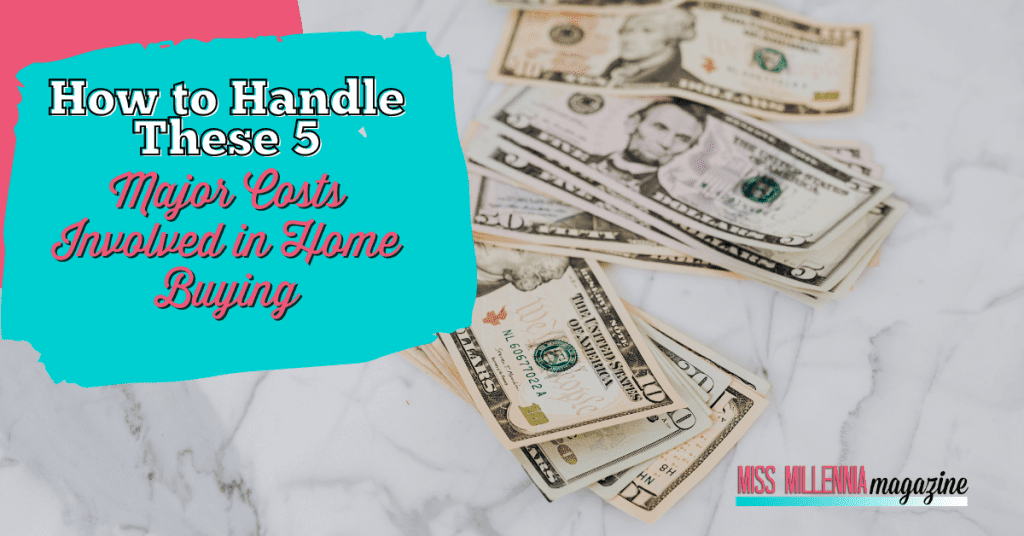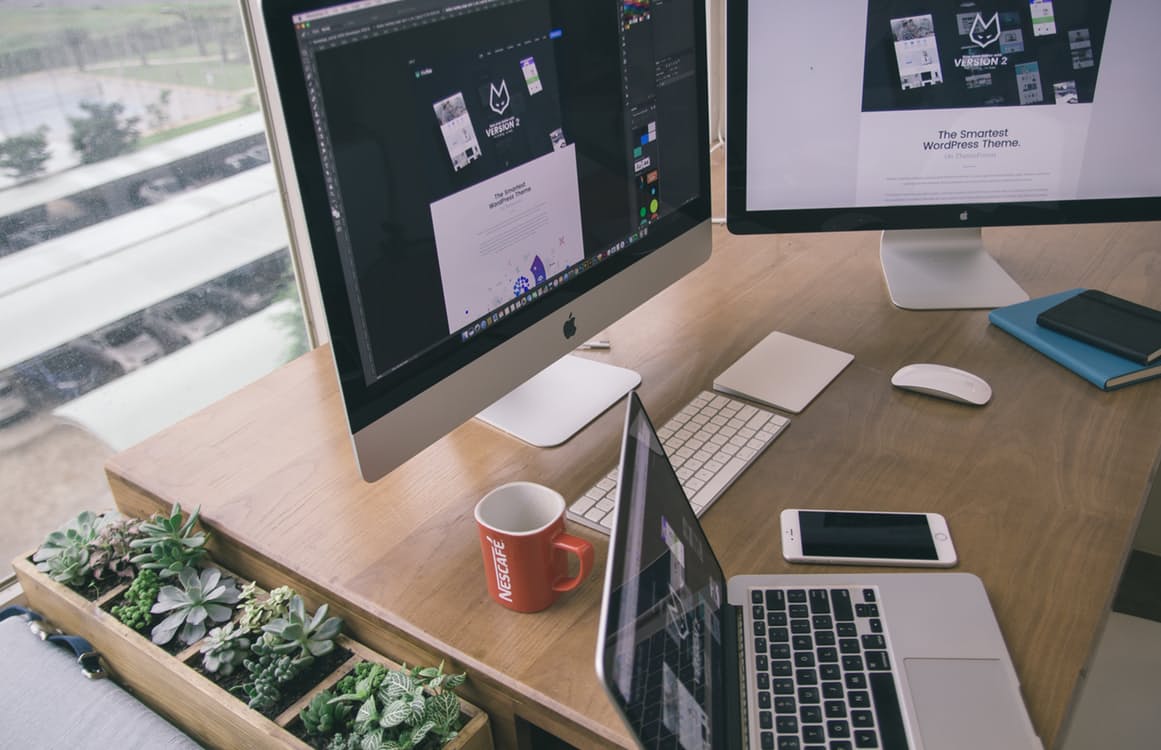How to Handle These 5 Major Costs Involved in Home Buying

Home buying can be exciting, but we all know the stress that comes with this kind of venture. Aside from the massive decisions involved, it also has significant financial implications.
When buying a home, you’re looking at more money than the price tag you saw on the real estate website. It’s tough to budget when you don’t know precisely what you’ll be paying for, so here’s a roundup of a few of the expenses you’ll need to consider before buying.
Home Loan
Of course, a home loan is a most significant and most important expense. How you handle this will depend on your existing finances, how much you can afford to pay off monthly, and various other factors.
Whether you have a good or bad credit score, applying for a loan is a big undertaking that requires careful consideration and planning. If you already have some debt, such as credit card bills or student loans, you’ll need to consider how much of your monthly income will be left after making payments on those debts.
If you haven’t been able to meet those repayments and now find yourself with bad credit, you may be worried about how you will apply for a loan. However, personal loans for bad credit with low-interest rates are often available to help you pay off any bad debt you may have to enable you to pay a larger down payment.

Remember, the larger your down payment; the less your monthly repayments will be on your mortgage. Once you know what you can afford, start looking for homes for sale in Toronto or whichever area you prefer that fit your budget – but be sure to factor in these subsequent expenses too.
Legal Fees
The legal processes involved in home buying can differ depending on where you live. However, one thing you can depend on is that it will cost you some money.
From transfer fees to legal documents and paying attorneys, there are plenty of law-related costs that you’ll run into on your home-buying journey. Be sure to talk to a financial advisor (or at least someone experienced whom you trust) to discuss the legal fees you’ll incur during this process. Make sure to factor this into your budget for the upfront fees.
Renovations & Repairs
If you were renting previously, this could be a significant financial transition. When you own a home, you are entirely responsible for any repairs that need to be done, which can add up. If the home needs work when you first purchase it, get quotes and factor these amounts into your budget.

If you wish to renovate at any point, you’ll need to consider these costs too. A good tip would be to only focus on renovations that are crucial for your comfort/lifestyle in the beginning – this could be something like adding in the storage space you need.
Maintenance
You must create a home maintenance plan and checklist and stick to it. Failing to keep your home well-maintained will only be detrimental to you in the long run, and you’ll want to ensure you’re taking care of this new asset.
Create a monthly savings account where you contribute to your maintenance fund so that these tasks aren’t such a financial blow when they come up.
Decorating & Décor
Finally, when it comes to home decorating, knowing where to spend and where to save is an important lesson to learn.
In some areas, investing in quality materials, furniture and décor is worth your hard-earned cash. However, these are minor details where you can opt for the budget option, and nobody will be able to tell the difference.








